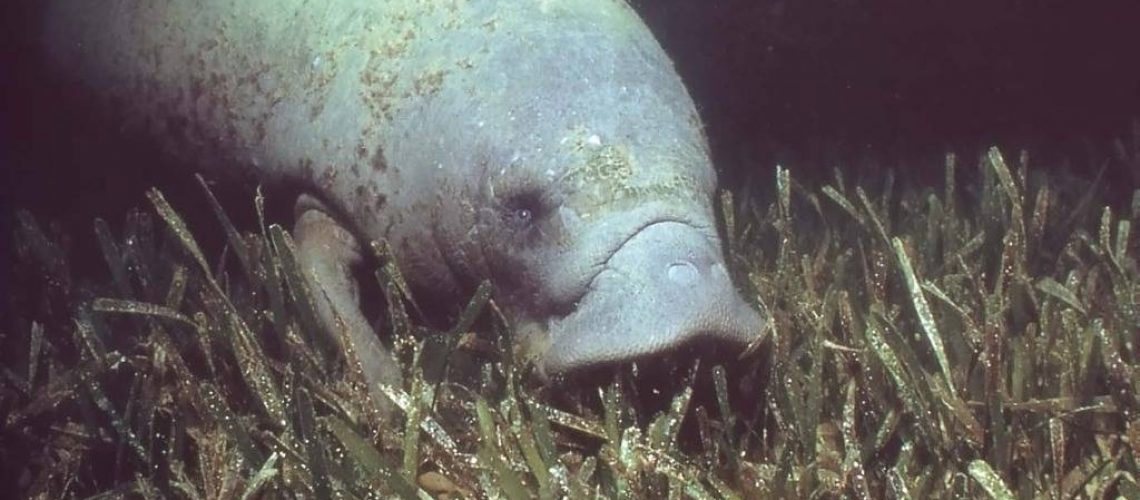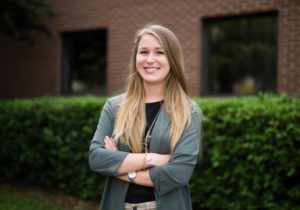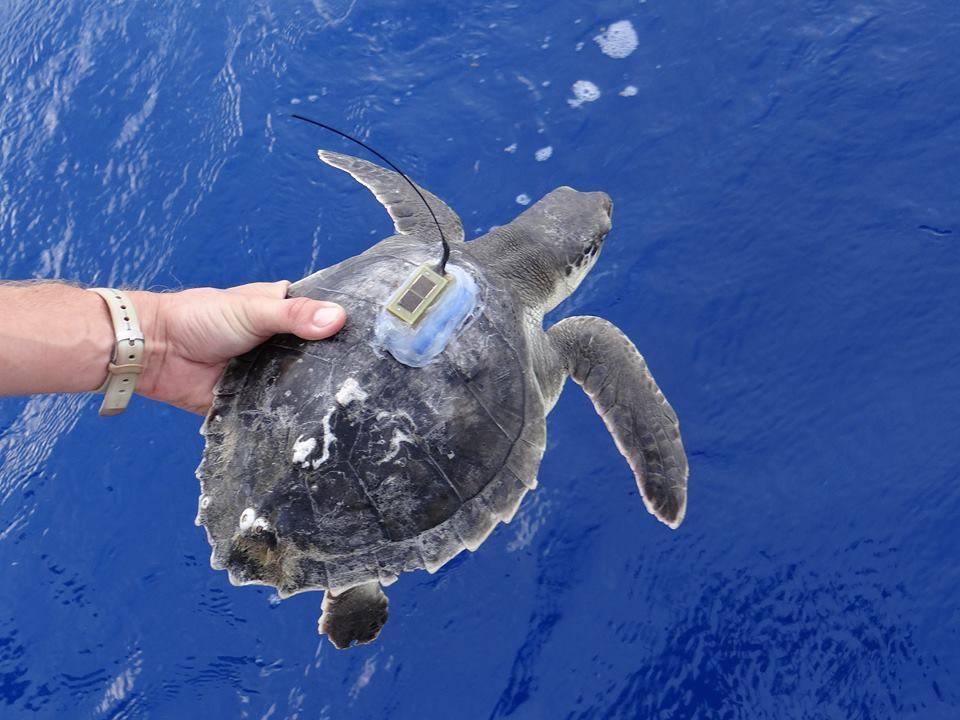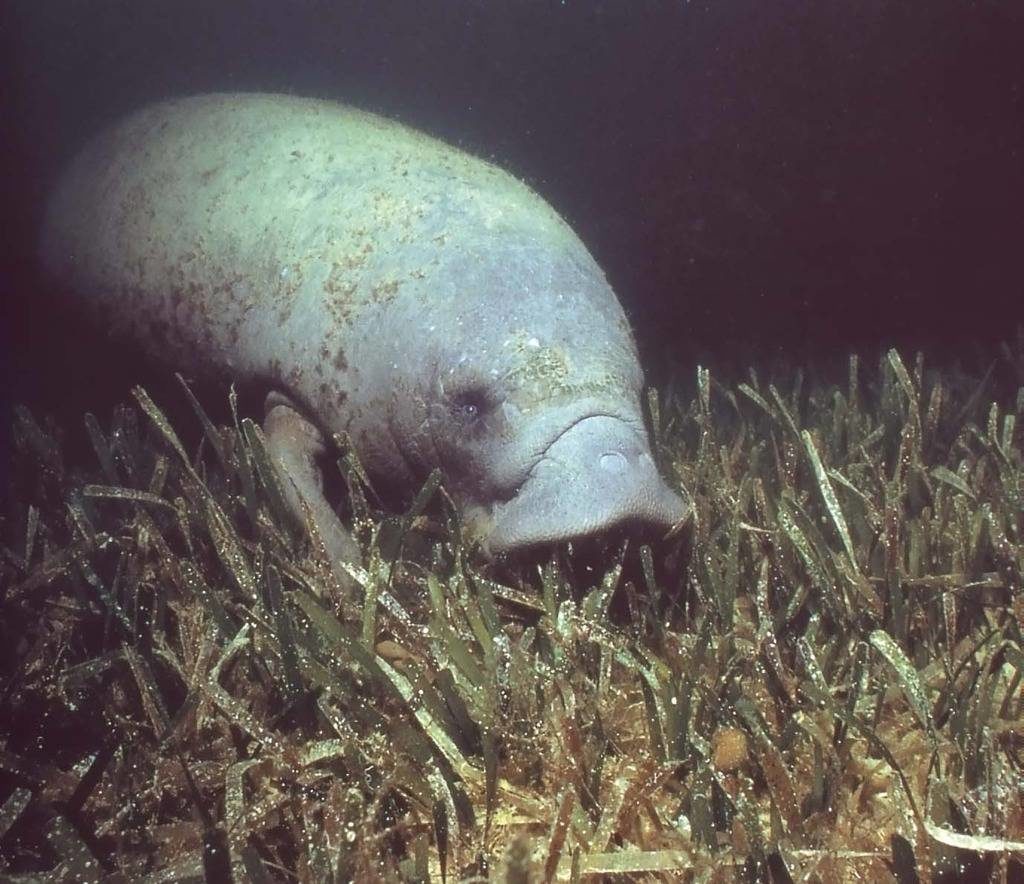

Hannah Hollinger
- February 10, 2016
- 10:13 am
Pursuing sustainable coastal systems research under new faculty cluster initiative
Coastal systems research will soon evolve beyond its typical limits by integrating an interdisciplinary focus in a new collective opportunity. To no surprise, coastal systems research is vital to the state of Florida, given that its wellbeing maintains the economy and environment. The University of Central Florida’s faculty has recognized these stresses and has taken the responsibility to become a leading scientific voice regarding the anthropogenic and environmental pressures developing on its own coast through the Faculty Cluster Initiative.
Known as the Sustainable Coastal Systems Faculty Cluster, this joint initiative mirrors Sustainability Initiatives’ mission in partnering efforts in pursuit of sustainability as opposed to working apart. The Sustainable Coastal Systems Cluster will be the first in the nation to incorporate an interdisciplinary approach to ocean and coastal research by pairing current faculty members with new hires. It will bring together biologists, chemists, and engineers with anthropologists, sociologists, political scientists, planners, emergency managers, and economists.
Dr. Graham Worthy, Sustainable Coastal Systems Cluster Lead, defines what constitutes a “sustainable coastal system” to provide an idea of the cluster’s goals: “We view it as one in which we can balance the development that is inevitable while ensuring the continuance of Florida’s coastal/ocean resources and economy for future generations. We believe that this is feasible by treating coastal systems as a single integrated ecological-social-economic system where we can link the ecological security of coastal ecosystems with the economic security of coastal communities.”
One may question whether this cluster is appropriately hosted considering the university’s centralized, landlocked location. Dr. Worthy explains the needlessness to inquire. “While Orlando is not physically on the coast, it is not immune to coastal influences. Our afternoon sea-breeze thunderstorms are of marine origin. Functionally, ‘coastal systems’ are more than simply the counties that contact the ocean. It is not simply the coastline that is drawn on a map but is functionally defined as ‘the area encompassing the landward limit of marine influence and the seaward limit of terrestrial influence.’ This translates to regions up to 100 miles inland as well as similar distances offshore. Using this definition all of Florida, including Orlando, is ‘coastal.'”
Despite the superior faculty researchers already on board, the purpose behind hiring additional faculty is far from expendable. “Not all disciplines have equal strengths and the idea of the current hiring plan is to bolster and strengthen those disciplines,” explains Dr. Worthy. Current core faculty include, in addition to the cluster leader, Betsy Von Holle (COS-Biology), Cherie Yestrebsky (COS-Chemistry), Dingbao Wang (CECS-Civil, Environmental & Construction Engineering), Peter Jacques (COS-Political Science), Sarah Barber (COS-Anthropology), Walter Milon (COBA-Economics), and Claire Knox (COHPA-Public Administration). These individuals have international prominence, a long history of collaboration, and the ability to integrate research, teaching, and critical thinking across multiple disciplines. In addition to these members, many affiliated faculty will be addressed in marine and coastal ecology, water resources under conditions of climate change and sea level rise, water quality, environmental sociology, natural resource economics, and emergency management and planning.
In terms of the cluster initiative’s progress, potential candidates for the five remaining positions will be interviewed over the next few weeks. New faculty hires will be expected to develop new curriculum in their respective disciplines for undergraduate and graduate programs.
Dr. Worthy is optimistic in the cluster and his leadership thereof. “Its sounds hokey but I felt like I had the capacity to pull a very disparate group of folks together and hopefully create something that will not only last a long time into the future but truly make a difference.”
For more information, visit http://www.ucf.edu/faculty/cluster/sustainable-coastal-systems/.


(Left) Dr. Graham Worthy, Sustainable Coastal Systems Cluster Lead and Core Faculty Member for the Department of Biology, conducts research on various marine mammals including manatees through the Physiological Ecology and Bioenergetics Lab. This photo focuses on manatee’s assimilation efficiency of romaine lettuce. (Right) Dr. Kate Mansfield, Affiliated Faculty Member for the Department of Biology and Sustainability Initiatives’ March 2016 Faculty Spotlight, leads the UCF Marine Turtle Research Group and will contribute her marine and coastal ecology expertise.